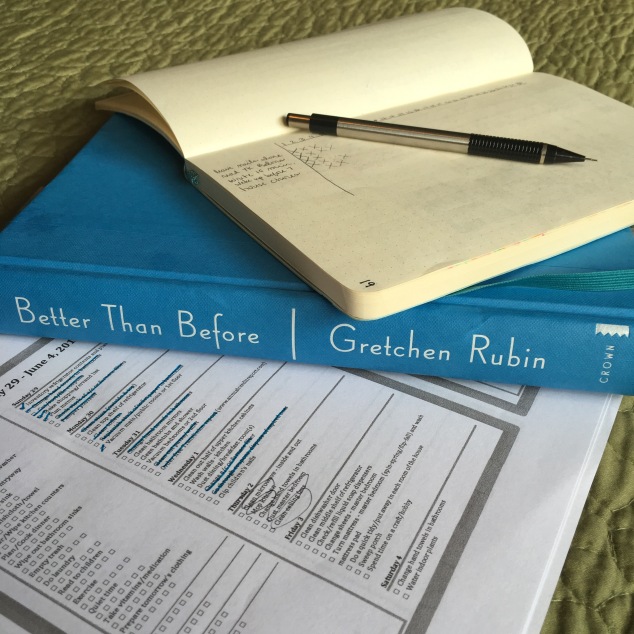Leslie has already named this book her “Life-Changingest Book of 2016.” And…it’s hard to top that recommendation. But now that I’ve finished it (and made a loaf of bread, to boot!), I thought I’d add my thoughts.
 In case you missed Leslie’s review, here’s the short recap: a professionally trained chef gives basic cooking lessons to a group of unconfident home cooks. And almost without exception, the lessons are life-changing for these women– they go from Hamburger-Helper-Level cooking to baking artisan bread, chopping aromatics in seconds, and butterflying whole chickens. It IS inspiring, and I find myself thinking back to parts of the book often as I work in my own kitchen.
In case you missed Leslie’s review, here’s the short recap: a professionally trained chef gives basic cooking lessons to a group of unconfident home cooks. And almost without exception, the lessons are life-changing for these women– they go from Hamburger-Helper-Level cooking to baking artisan bread, chopping aromatics in seconds, and butterflying whole chickens. It IS inspiring, and I find myself thinking back to parts of the book often as I work in my own kitchen.
Although reading this book was a really helpful start, I’ve found myself wishing that Kathleen Flinn would actually come to my house and invite me to her cooking school. I’ve struggled with my own mediocrity in the kitchen, and I feel like just a few helpful lessons would catapult me into new realms of ability– to learn, once and for all, the proper way to hold a knife, dice an onion, cook fish, and make a sauce, just to name a few things.
It got me thinking about all of the other ways that I’m finding my own way as a parent and homemaker. What about a “Kitchen Counter Cooking School” but for basic household budgeting? For cleaning and maintaining a home and belongings? For how to do laundry the right way, for goodness’ sake?
It occurred to me that the kind of class that would have imparted information like this to eager young women was Home Ec. But by the time I was taking classes in high school, home ec was out of vogue, and girls like me were encouraged to more practical electives such as typing and a “business” class where I learned how to make spreadsheets and play Tetris. What a tragedy!
If a personal tutoring opportunity were to come up in any of these subjects, I’d totally take it. But meanwhile, I’m reminded that I do have resources ALREADY ON MY BOOKSHELF that can give me some of the knowledge that I crave.
Introducing……..book pairings for the ultimate text-based homemaking education:
The Nesting Place by Myquillyn Smith: refreshingly unfussy and accessible advice on making a house Your Home. Her style doesn’t have to be yours; her practical tips and can-do attitude is easy to transfer to whatever look brings you joy and peace.
Home Comforts by Cheryl Mendelson (yes, THAT Cheryl Mendelson): At almost 9oo pages, this is a pretty exhaustive manual on everything that happens within your four walls. Chapter titles illustrate how Mendelson’s approach to home keeping is both practical (“The Chemistry of Household Cleaning,” “Common Laundry Mishaps and Problems,” “Cleaning Man-made Solid Surfaces and Other Plastics,”) and poetic (“The Air in Your Castle,” Th Cave of Nakedness,” “Kindly Light”).
Caves of Nakedness aside, you might think this sounds like the most boring tome ever to prop a door open, but somehow Mendelson speaks on every topic with a pleasant, efficient manner, much like Mary Poppins come to help you clean up the nursery once and for all.
The Life Changing Magic of Tidying Up by Marie Kondo. This book is as polarizing to the world of clutter-management as the election of 2016 has turned out to be to the general population. But I’ll cast a vote for the KonMari method any day– it’s simple and effective, and if you can get past all the woo-woo stuff about thanking your shoes for their service, your reward will be a more peaceful, manageable home environment.
(Of course, a zillion-point-five blogs and websites exist to teach on all of these topics as well, and some of them do so quite effectively. But there’s nothing like having a nice reference book to hold in your hand, don’t you think?)
What practical guides have been helpful to you?


